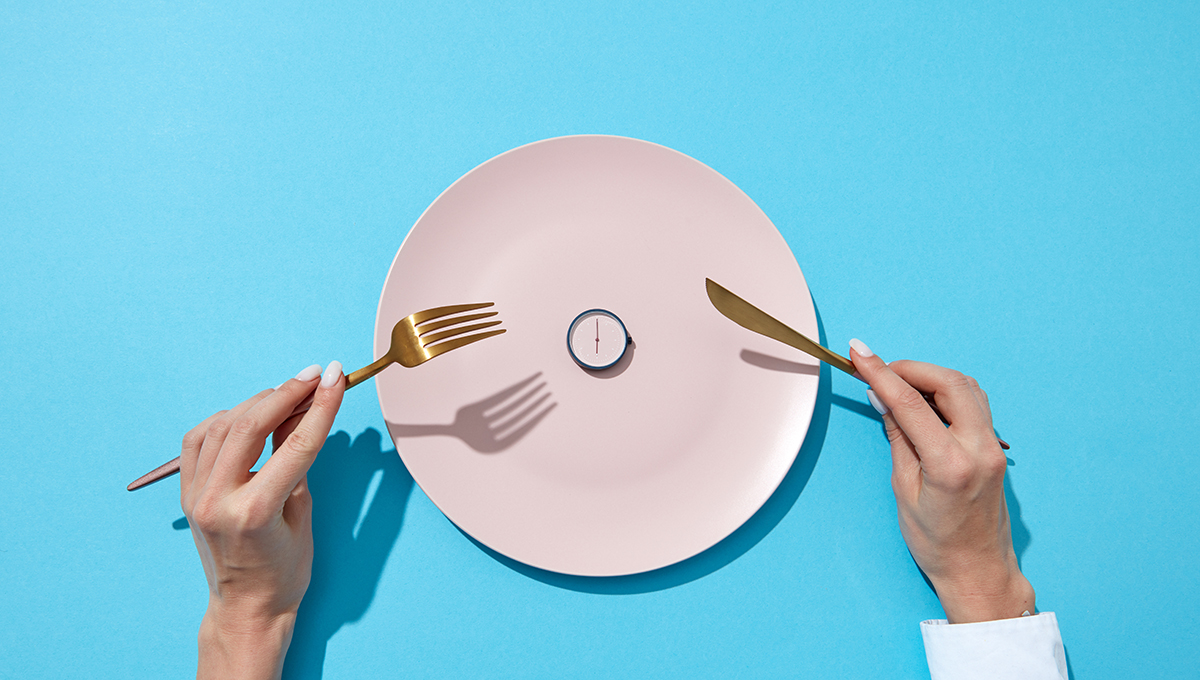The Science Behind Sleep-Deprived Over-Eating

Failure to get your recommended eight hours each night can wreak havoc with keeping a healthy daily routine. On top of compromising your performance at work or in the gym – not forgetting your body’s ability to recover from intensive exercise – a lack of quality sleep has been shown to make us reach for more calorie-dense junk food.
Back in 2012, a study linked sleep deprivation to an extra 549 calories consumed per day. But interestingly, the reasons for this spike in food intake aren’t quite as simple as exhaustion affecting your motivation to maintain healthy eating habits. New research conducted by scientists at Northwestern University has provided some slightly more on-the-nose reasoning.
According to the study, the olfactory system is affected in two main ways by poor sleep. First, it goes into hyperdrive and intensifies food odours, and second, it plays a part in breaking down communication with other brain areas that receive food signals, which then affects food decisions.
As part of the experiment, scientists analysed the food decisions of a group of men and women between the ages of 18 and 40. Their eating habits were monitored after a night of either good or deprived (four hours) sleep, having been provided with a controlled menu of breakfast, lunch and dinner, plus an additional buffet of calorie-dense snacks. Unsurprisingly, after being sleep deprived, foods such as doughnuts, cookies and crisps from the buffet table were far more eagerly consumed.
Researchers measured endocannabinoid blood levels (the same system that links cannabis consumption to “the munchies”) of the study participants to find that levels were elevated when study subjects were sleep-deprived.
“Our findings suggest that sleep deprivation makes our brain more susceptible to enticing food smells, so maybe it might be worth taking a detour to avoid your local doughnut shop next time you catch a 6 am flight”
Thorsten Kahnt, study author
Additionally, subjects were analysed in an fMRI scanner, where they were presented with a number of different food odours and non-food control odours while their piriform cortex was observed. The piriform cortex is the first cortical brain region that receives impact from the nose, and scientists discovered a greater change in activity between the two odours in sleep-deprived study participants.
The piriform cortex sends information to another brain area called the insular cortex (insula). It’s here that signals important for food intake such as smell, taste, and even how much food is in the stomach are received. The insula of a sleep-deprived subject with heightened endocannabinoid blood levels in Northwestern’s study, however, showed reduced connectivity with the piriform cortex.
It’s when this breakdown in communication between the piriform cortex and the insula occurs that people begin eating more calorie-dense foods. The takeaway, then? You can either prioritise your sleep to avoid derailing your healthy choices, or go about the days that follow a poor night’s sleep being extra vigilant toward succumbing to sugary, fatty temptation.
_
ZZZZs promotes a restful and regenerative night’s sleep by combining 5-HTP with calming amino acids and the dietary minerals Magnesium and Zinc. 5-HTP is the precursor to serotonin, the neurotransmitter responsible for happiness. Because of this role in creating serotonin, 5-HTP is also indirectly involved in producing melatonin, a hormone that helps the body’s bio clock stay in sync and regulates daily sleep-wake cycles.


















